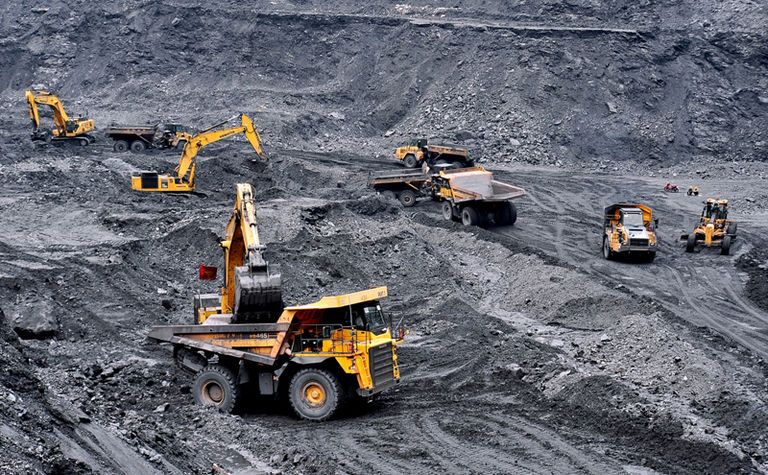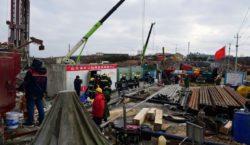
The Danish pension group PFA is being criticized for fossil fuel exposure and the group’s carbon emission pledge is being weakened by the fund’s involvement in the expansion of a thermal coal project in Vietnam and the investment in the financing of tar-sands oil production in Canada.
According to The Financial Times, The Danish pensions and insurance provider supports the goals to limit global warming agreed at the 2015 Paris climate change conference and has pledged to cut carbon emissions but the Fund owns more than $400 million in bonds linked to environmentally damaging fossil fuel projects.
Japan Bank for International Cooperation and Export-Import Bank of Korea are co-financiers of the Vung Ang II coal-fired power plant in Vietnam and PFA owns bonds worth $ 45 million and $ 112 million issued by the banks respectively. To the Financial Times, Ulf Erlandsson, the founder of Anthropocene Fixed Income Institute states that “All of these bonds should be completely excluded from PFA’s fixed-income portfolio due to their climate risks.”
PFA has declined to discuss any of its bond holdings but Christian Storm Schubart, head of ESG at PFA Asset Management, said “We are committed to transitioning our investment portfolio to net-zero greenhouse gas emissions by 2050. This will include regular reporting and intermediate target-setting every five years in line with the Paris Agreement.” Adding that PFA had also reduced its equity holdings in gas and oil companies in 2019 and 2020.
In a response, Ulf Erlandsson said that those reductions were welcome but if the pension fund is serious about its commitment to the Paris Agreement, PFA, “must also take similar urgent steps to reduce outsized climate risks in its fixed-income portfolio.”


